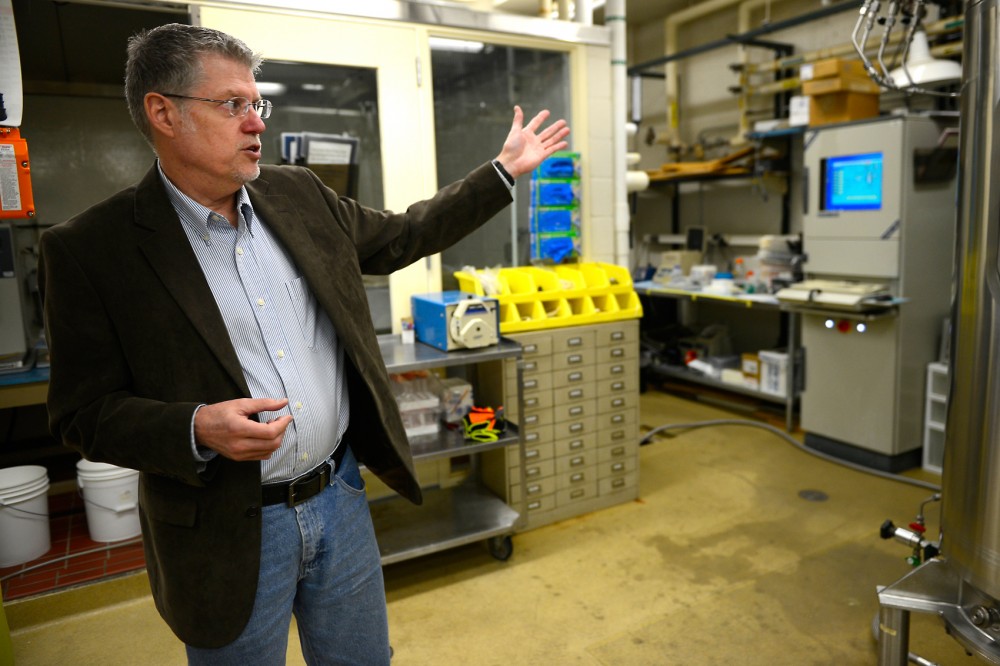In order to get research and patents into the hands of companies, the University of Minnesota’s Faculty Senate recently voted to update the school’s policy on the commercialization of technology to allow the University to invest directly in startup companies.
The amendment, which still needs approval from the Board of Regents to take effect, would allow the University to invest over $1 million in outside companies that want to license University-developed technology — allowing the school to become a shareholder in new companies.
The changes would also help companies get over the initial hurdle of raising money, which new companies that want to license University technology sometimes face.
Some University policymakers said additional financial support was an important reason for the policy change.
“We don’t sit in an ecosystem like Stanford out in Silicon Valley where funding startup companies is something people do. Here, investors are more conservative,” said Russ Straate, the associate director at the University’s Venture Center, which is responsible for launching new companies based on University-owned technology.
Straate said the changes to the policy would allow for the school to play a larger role in the companies that receive its technology licensing.
Last year, the University licensed 154 technologies, which were used to form 15 startup companies. Straate said the school hopes to meet or exceed those numbers this year.
The Board of Regents is expected to review the amendment to the commercialization policy at a later date, he said.
In 2013, biochemistry professor Larry Wackett teamed up with mechanical engineering professor Alptekin Aksan to find a way to house a type of pollutant-absorbing bacteria in a casing. They realized their research could have commercial use.
The two researchers started the company Minnepura shortly after they began working together, hoping to create a product that could be used to purify water.
“We don’t just write things in journals, we want to do things that actually impact the world,” said Wackett, who also serves as one of Minnepura’s technical advisors.
Under the new policy, the University could start to play a financial role in companies like Minnepura.
“We’re commercializing a technology that wouldn’t otherwise be commercialized, creating jobs, adding a lot of value, in this case, to society through some benefits and hopefully having a cash stream back to the University of Minnesota,” Minnepura CEO Paul Hansen said.
Hansen, who has a long history in business development, added that the new policy could also help create more jobs for Minnesotans in the technology sector.
“If it works together, everybody wins,” he said.


